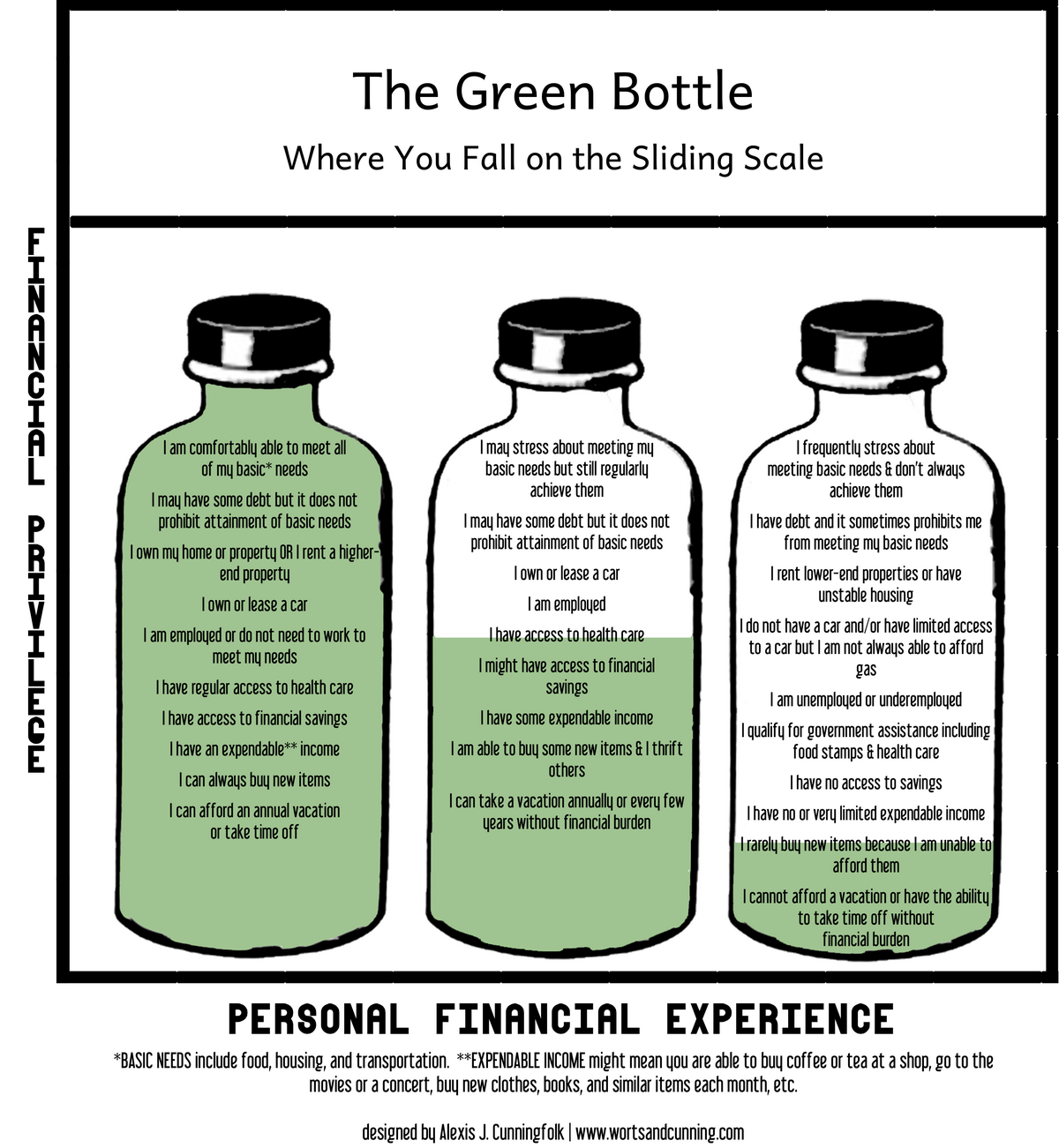
Rates
Out-of-pocket rates are offered on a sliding scale from Supportive to Supported levels. Supportive rates allow me to offer limited low fee or free spaces to those with less resources. Sessions can be scheduled on a weekly or every other week basis. A portion of all proceeds are contributed to donations/community care. You can learn more about the current monthly donation recipient here.
-
Rate per 50-minute session
Supportive: $200
Standard: $175
Supported: $150
-
Rate per 50-minute session
Supportive: $250
Standard: $225
Supported: $200
-
120 minute individual EMDR session: $350
120 minute relational/couples session: $450
Sessions longer than 120 minutes will be discussed in advance and prorated based on amount of time current rates
I don’t bill insurance directly but if you have out-of-network benefits, a large portion of your session might still be covered. More info can be found in the FAQs below.
FAQs
Why pay out of pocket for therapy?
Choosing to pay privately for therapy offers some unique benefits. Because I run a smaller practice and don’t spend time battling with insurance companies, I am able to devote more of my energy and attention to the clients I work with. This means I can keep my caseload manageable and focus more fully on your care.
Paying out of pocket also gives you greater freedom and privacy. You won’t need a diagnosis on file with your insurance company, and together we can decide on the type, frequency, and length of sessions that best support your goals—without restrictions from outside systems.
Ultimately, investing directly in therapy allows us to create a flexible, personalized experience that honors your needs, respects your privacy, and supports the depth of healing you’re seeking.
What is a consultation?
A consultation is a brief appointment where the therapist and client(s) ask questions that help them decide whether the therapeutic relationship feels like a good fit. It isn’t therapy, and the client is welcome to schedule as many consultations with different therapists as they’d like. Explore your options!
How do I know if it’s a good fit?
Some things that might help you determine fit are:
How comfortable you feel talking to the therapist
Whether the therapist accepts your insurance or you are comfortable with their rates
The therapist offers the kind of therapy you are looking for
The therapist has openings on the day(s) and time(s) you’re available
Can I use my insurance?
I don’t bill insurance directly but I work with lots of clients who save an average of 70% on therapy by using their out-of-network mental health benefits. How does it work? You pay for therapy up front and I’ll give you a superbill (a detailed invoice) that you can submit for reimbursement. You can use a service like Thrizer to make this process quick and easy.
How do I know if I have out-of-network benefits?
You can use a service like Thrizer to verify benefits, or do the legwork yourself. I recommend asking these questions to your insurance provider prior to your first session to help determine your benefits:
1. Does my health insurance plan cover mental/behavioral health services?
2. Are CPT codes 90837 for individual therapy and 90847 for family/couples therapy covered by my OON benefits?
3. What is my out-of-network deductible and how much of it has been met?
6. How much of the fee is reimbursed for out-of-network providers?
7. How do I submit for reimbursement?

The Guest House
This being human is a guest house.
Every morning a new arrival.
A joy, a depression, a meanness,
some momentary awareness comes
as an unexpected visitor.
Welcome and entertain them all!
Even if they’re a crowd of sorrows,
who violently sweep your house
empty of its furniture,
still, treat each guest honorably.
He may be clearing you out
for some new delight.
The dark thought, the shame, the malice,
meet them at the door laughing,
and invite them in.
Be grateful for whoever comes,
because each has been sent
as a guide from beyond.
— Rumi


